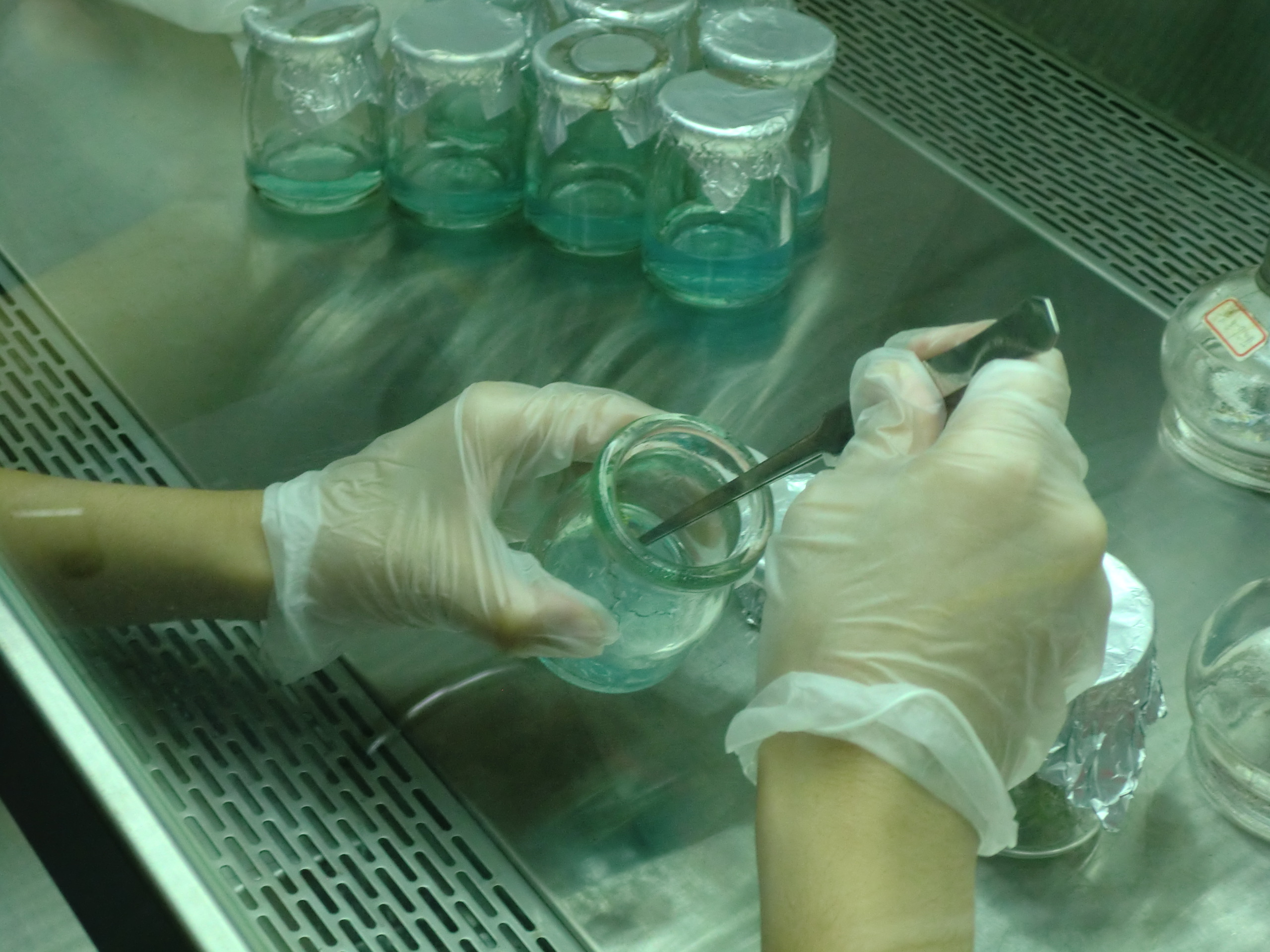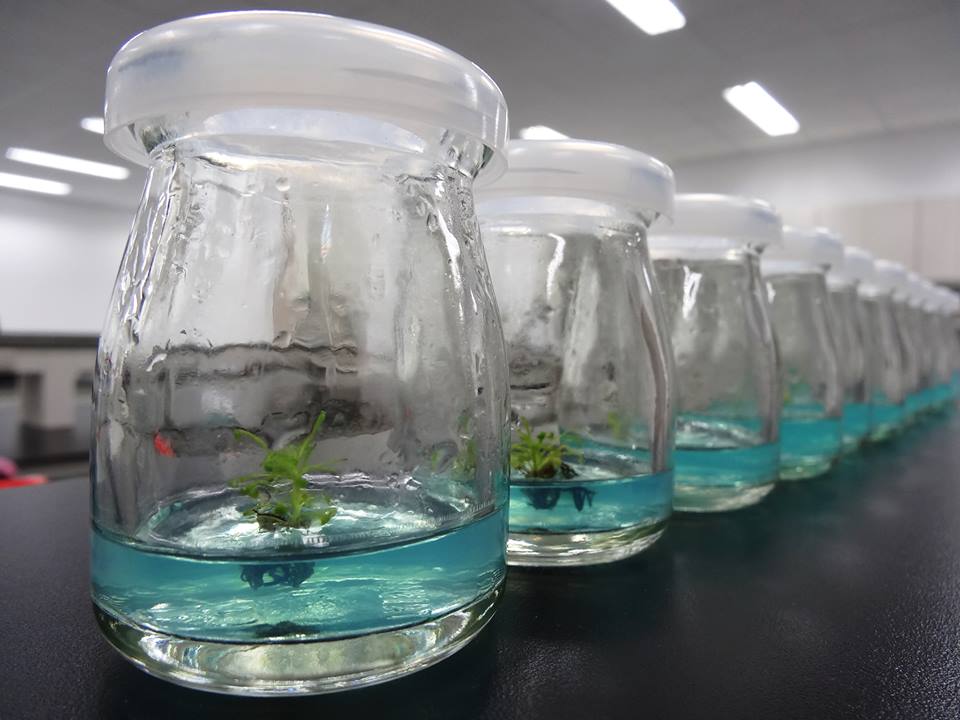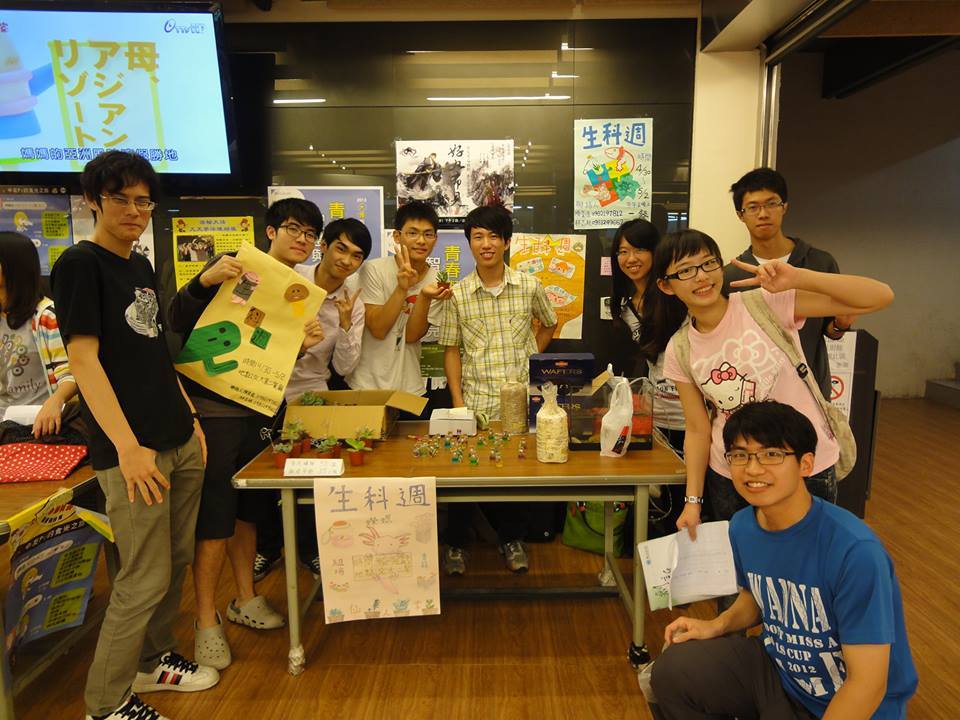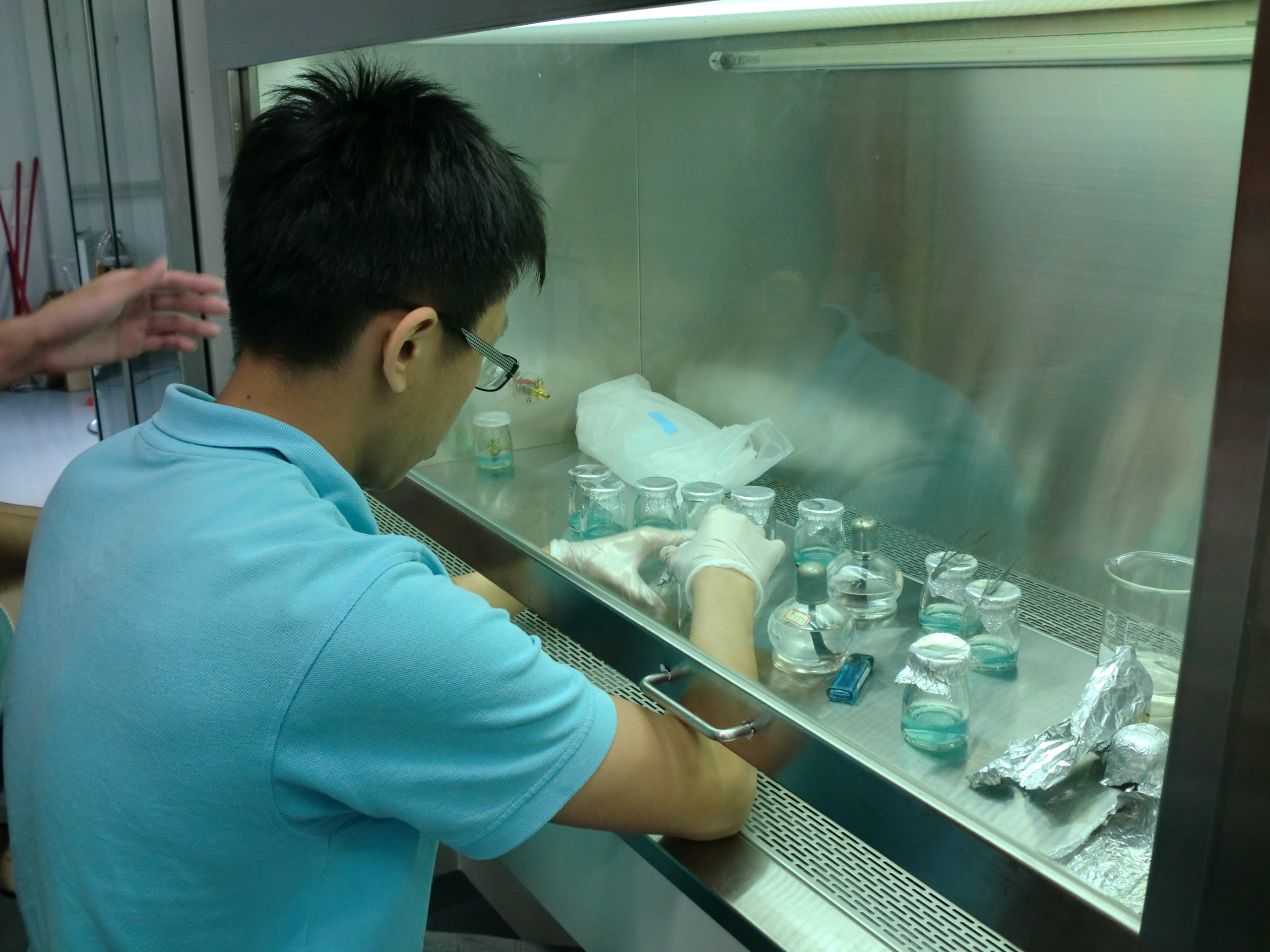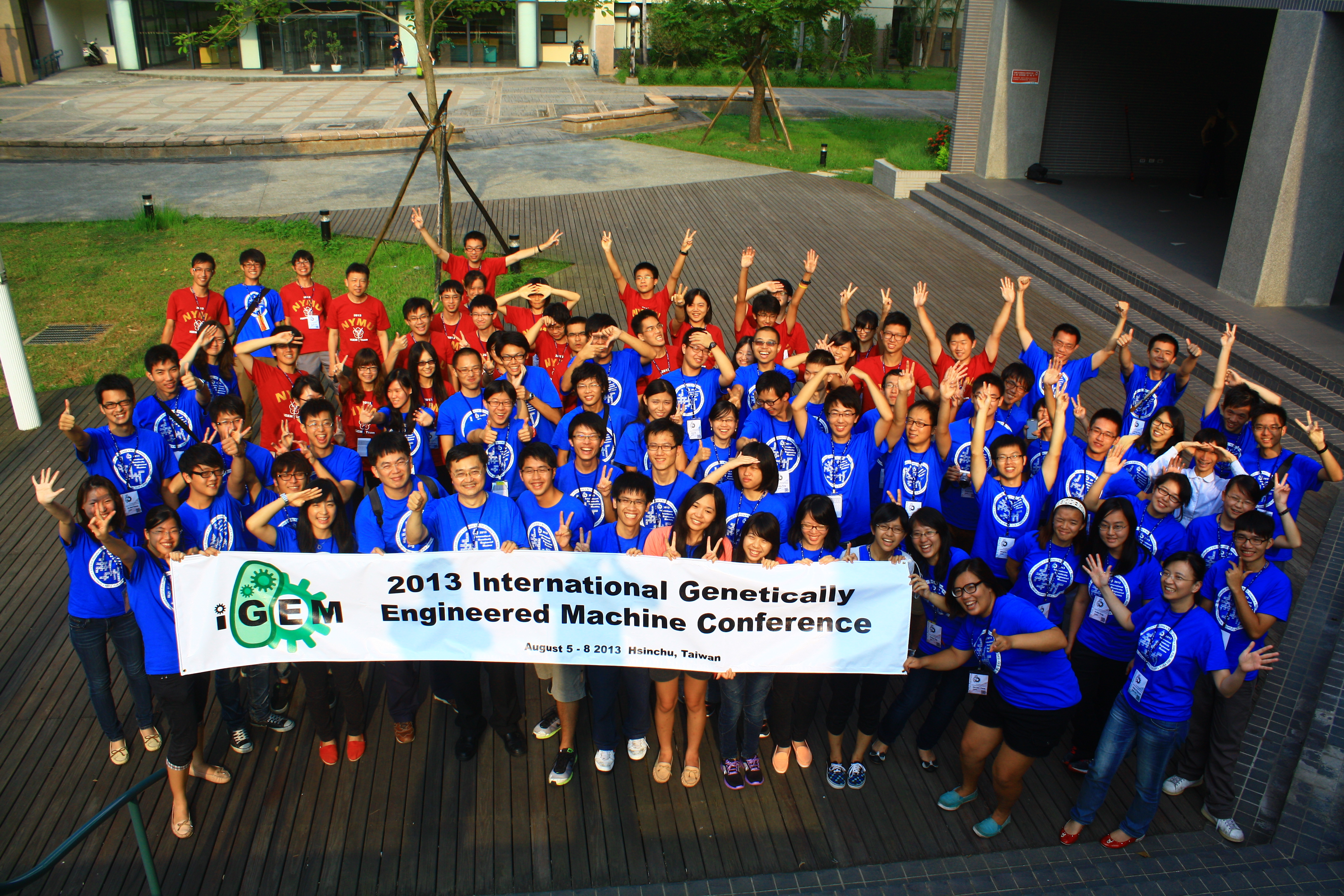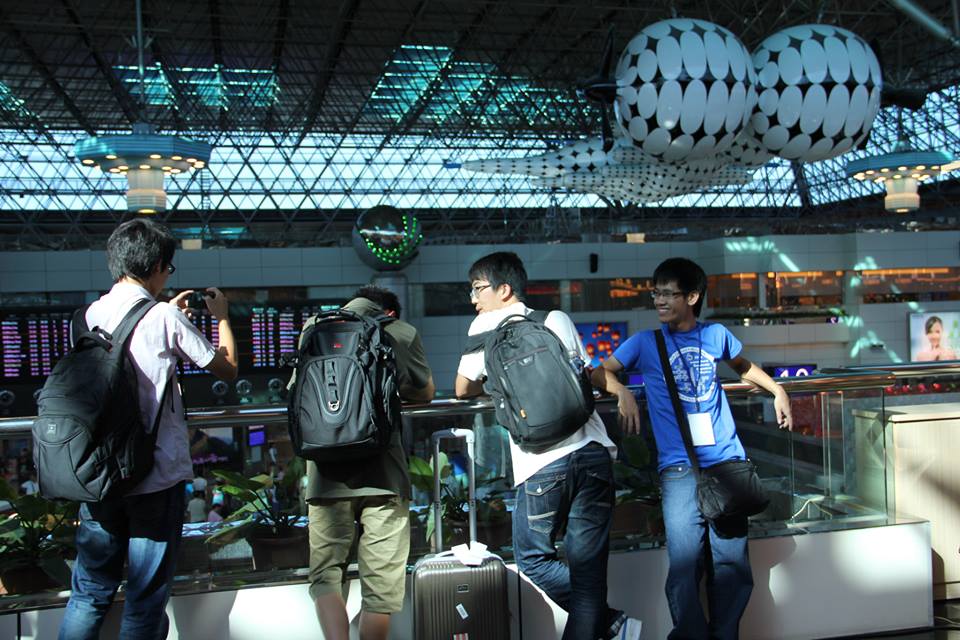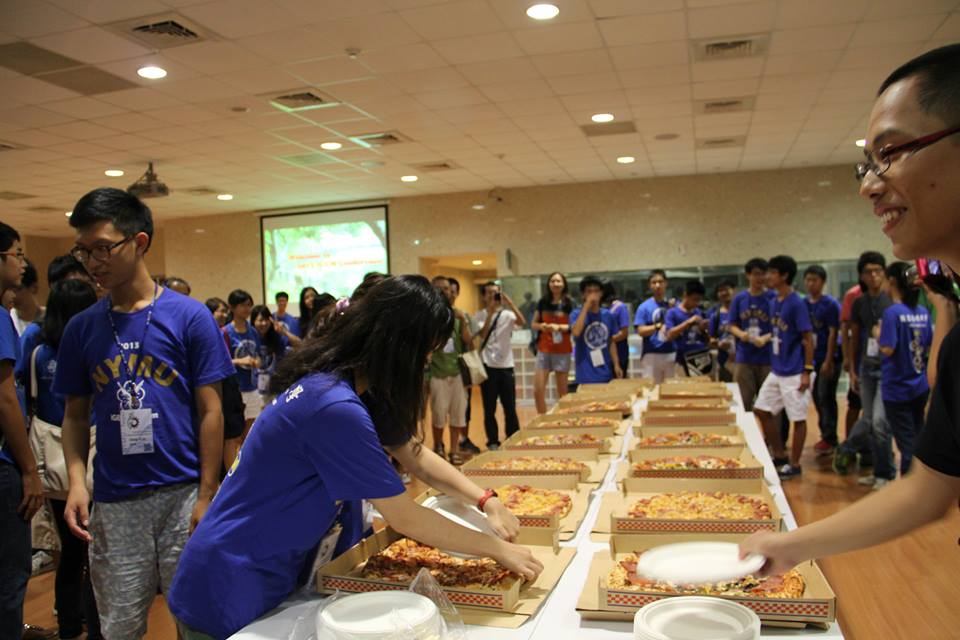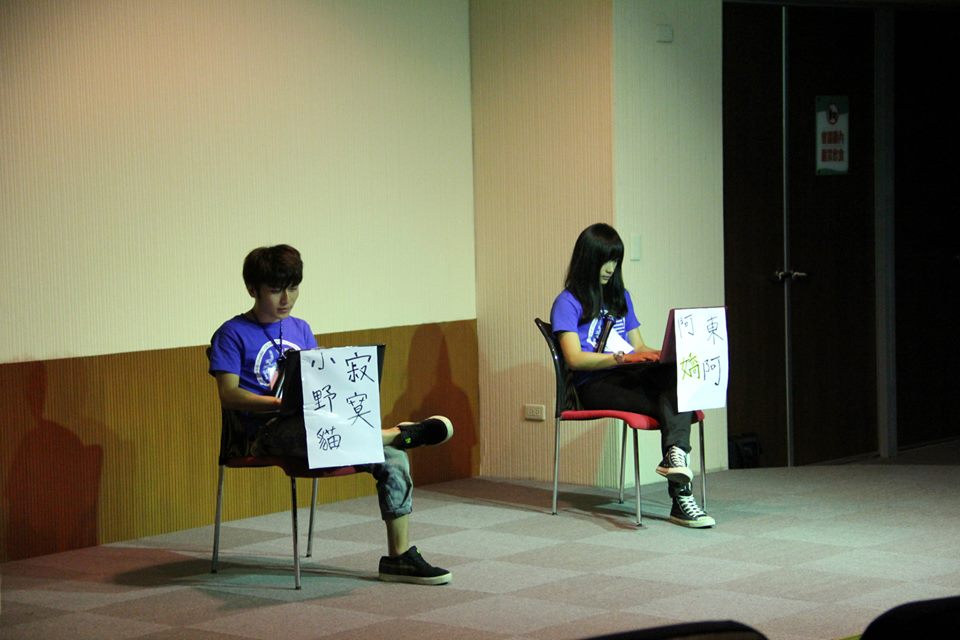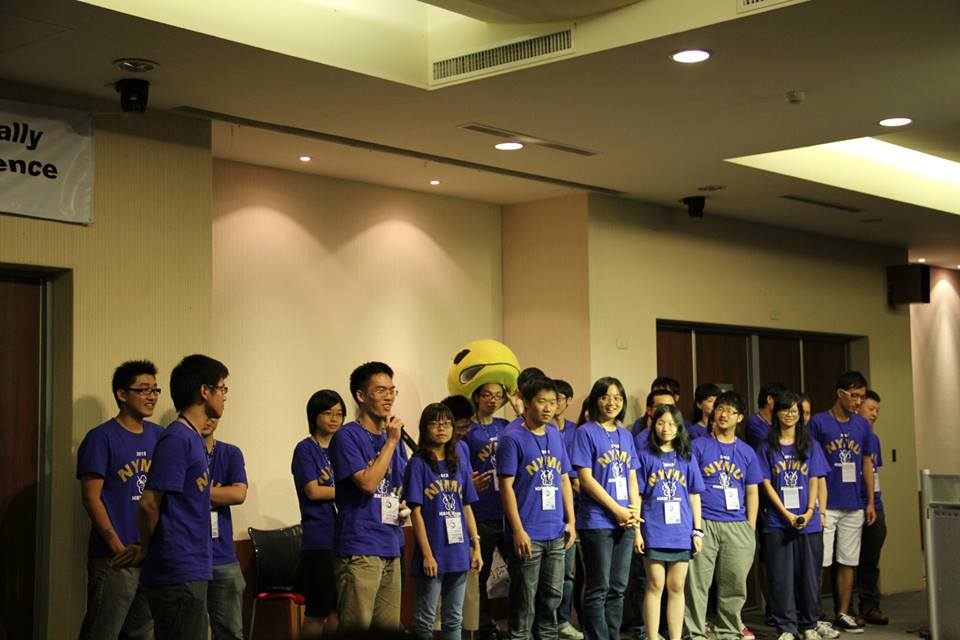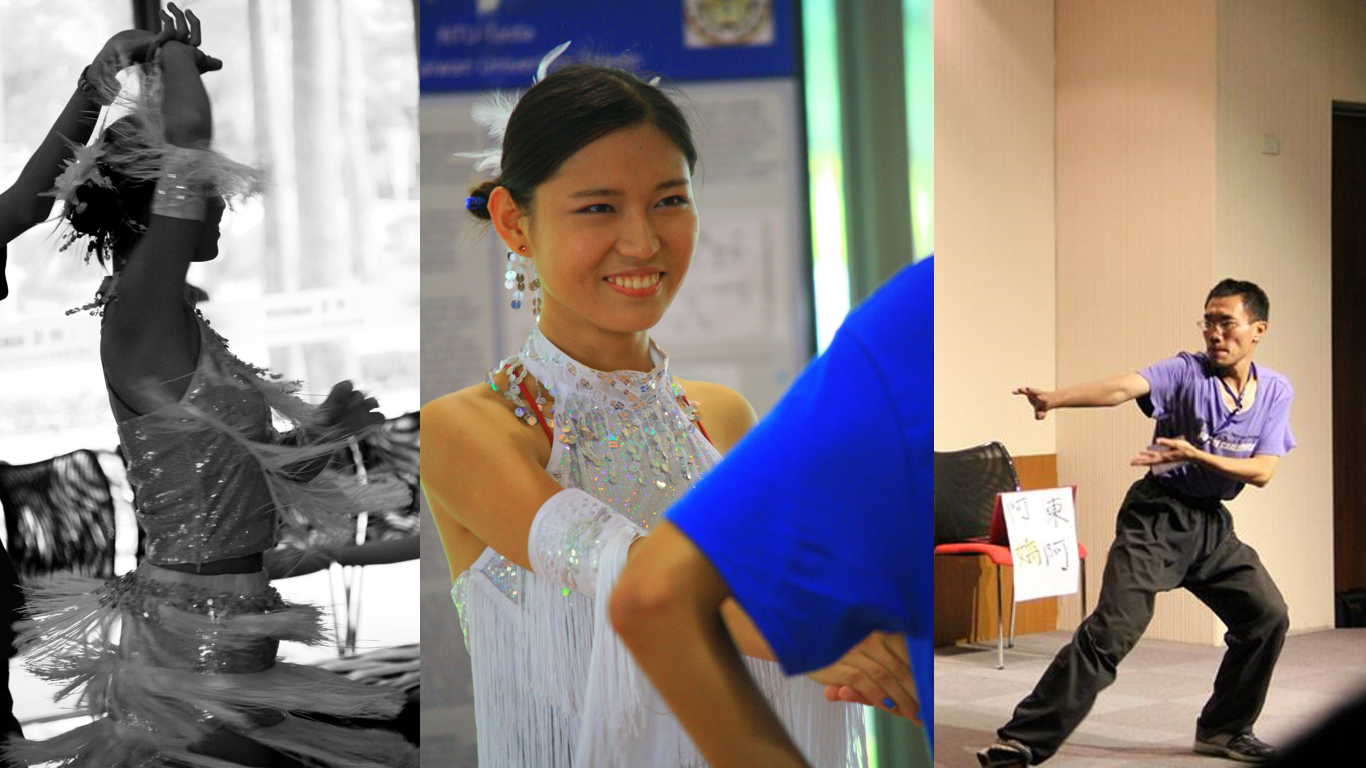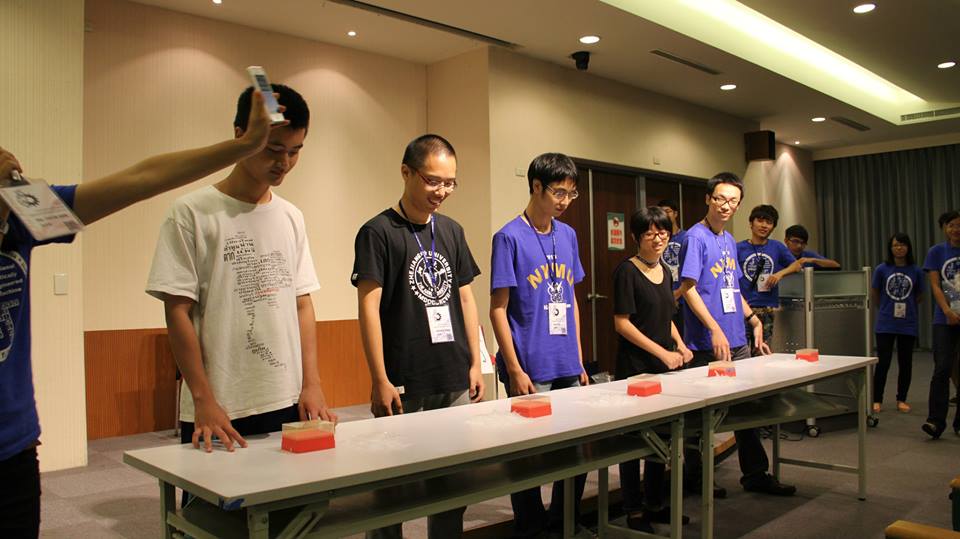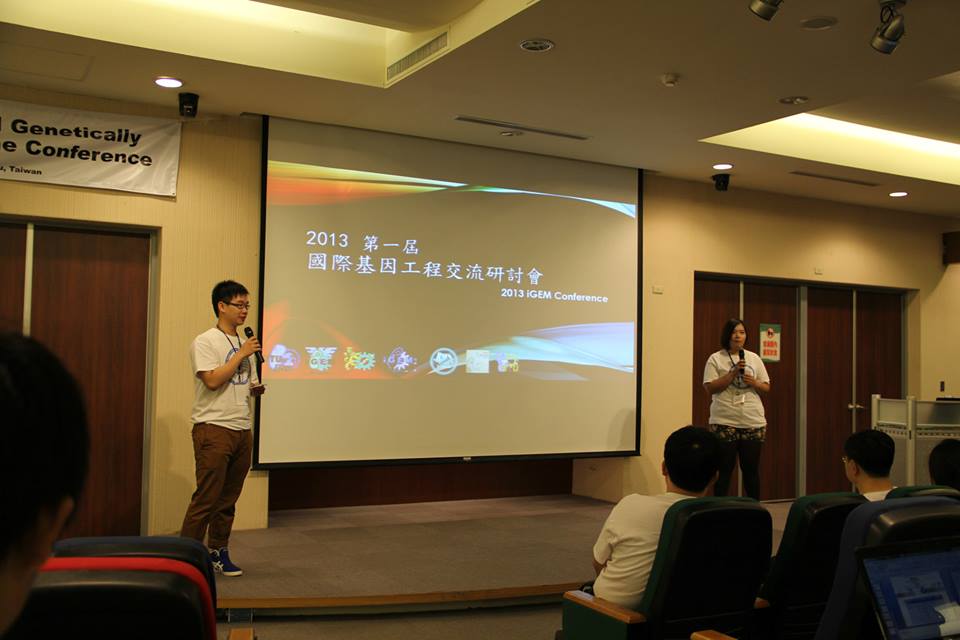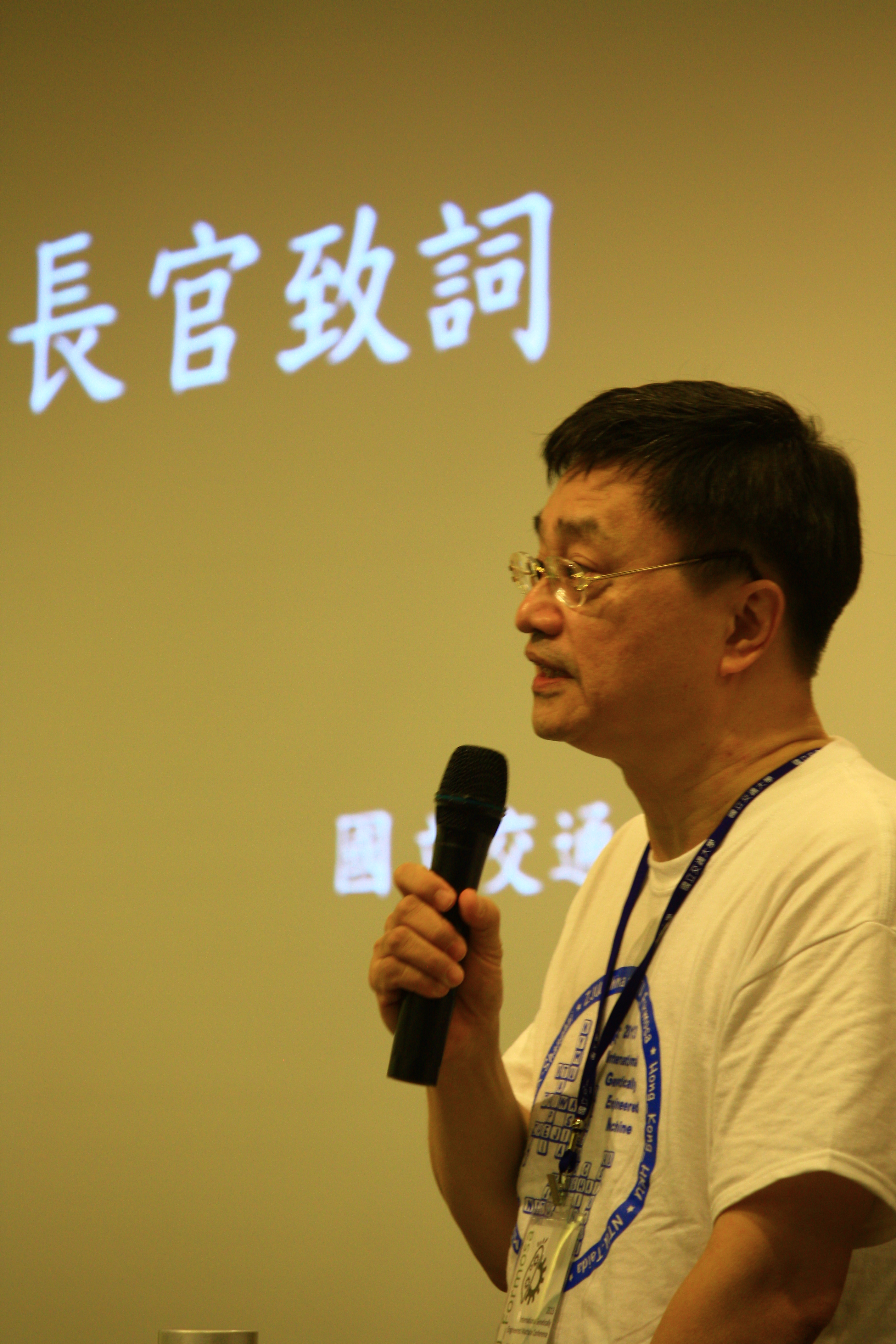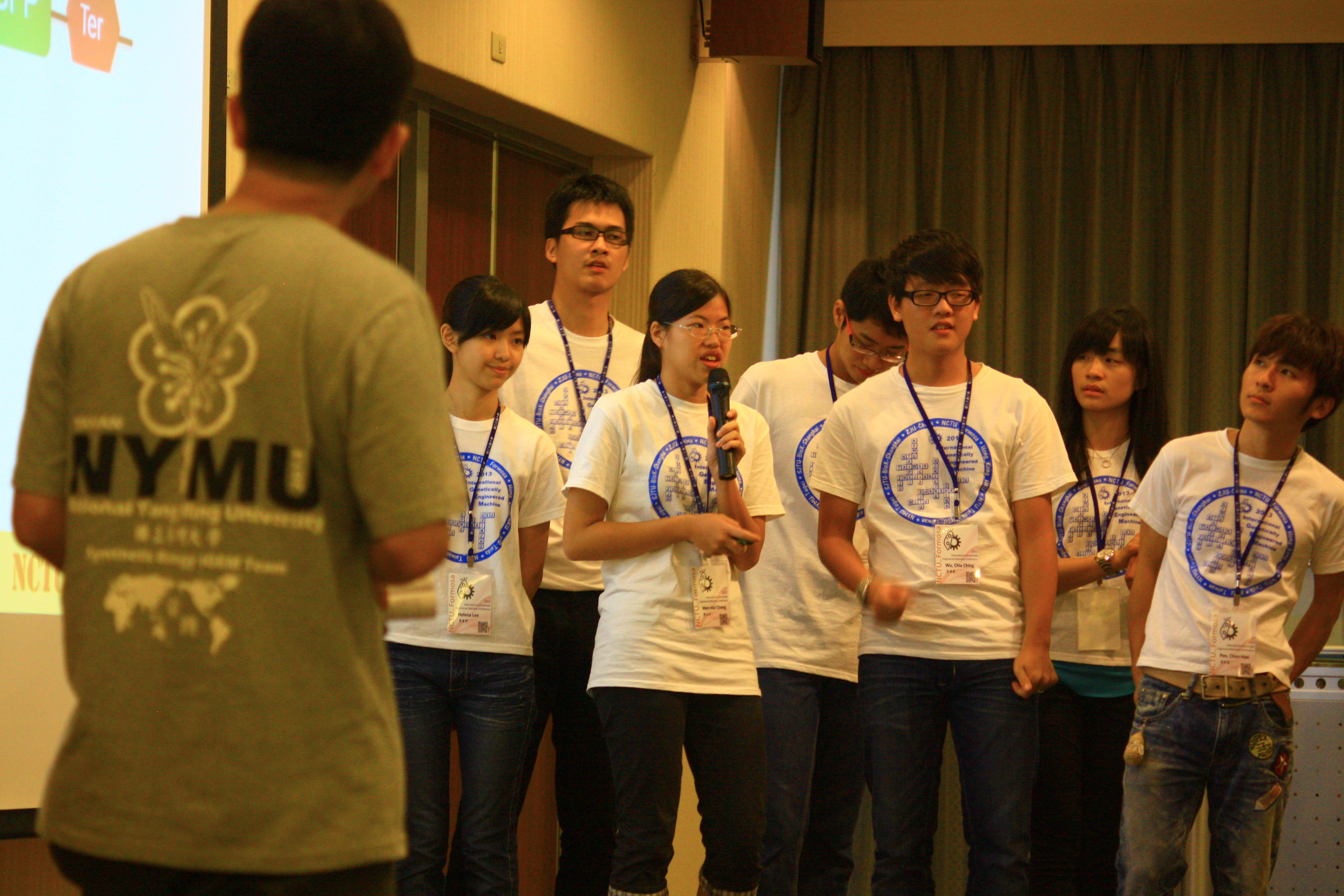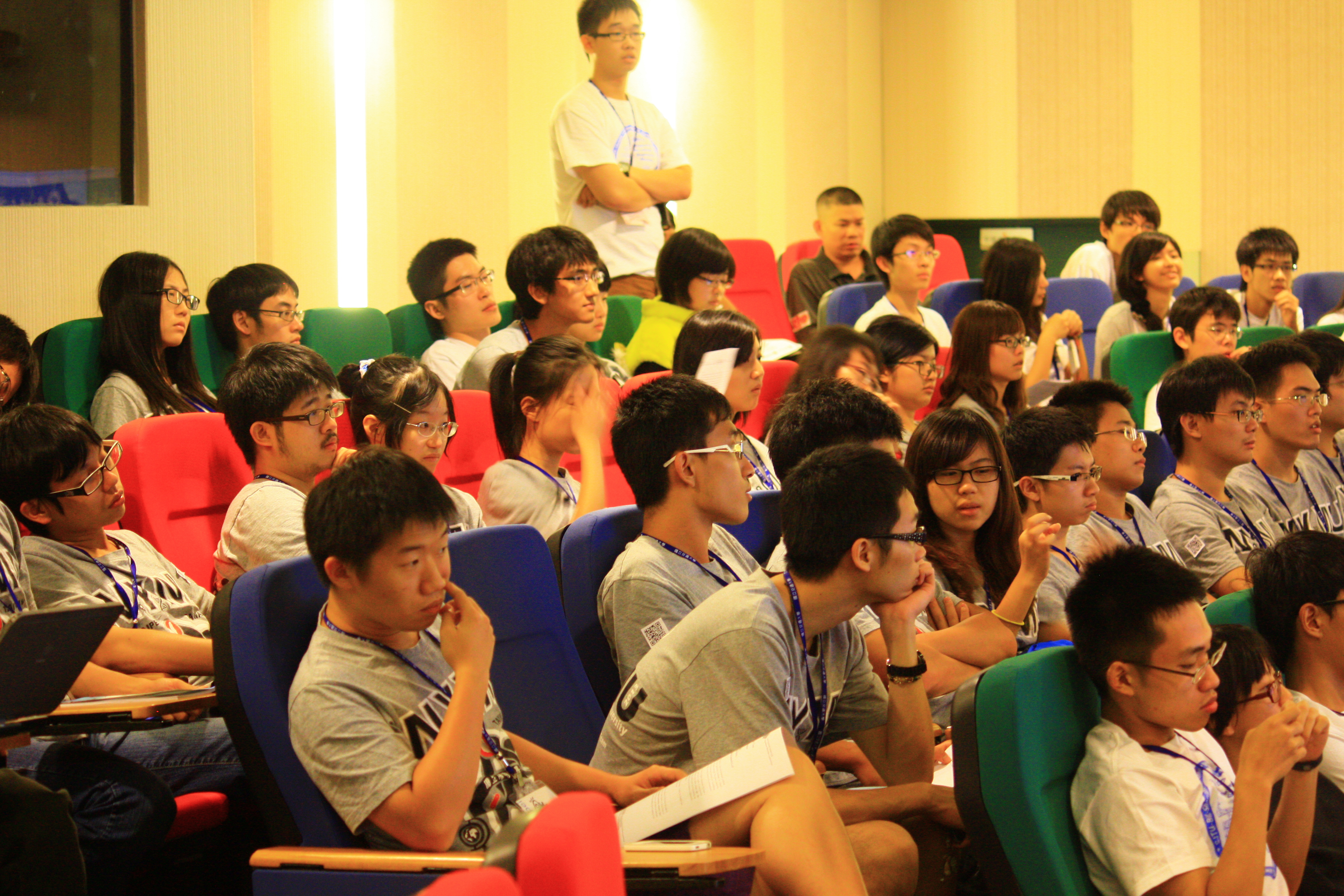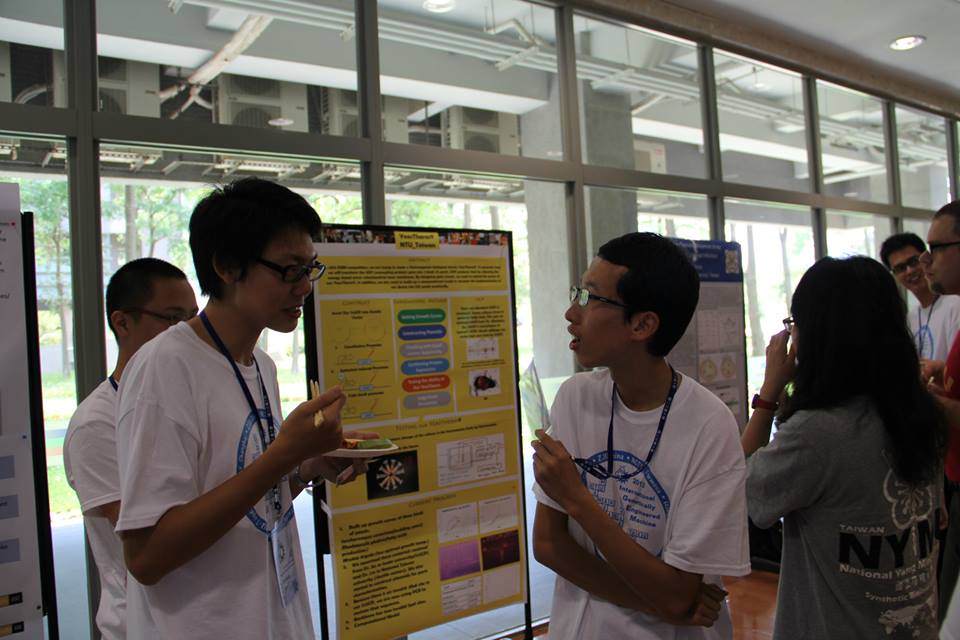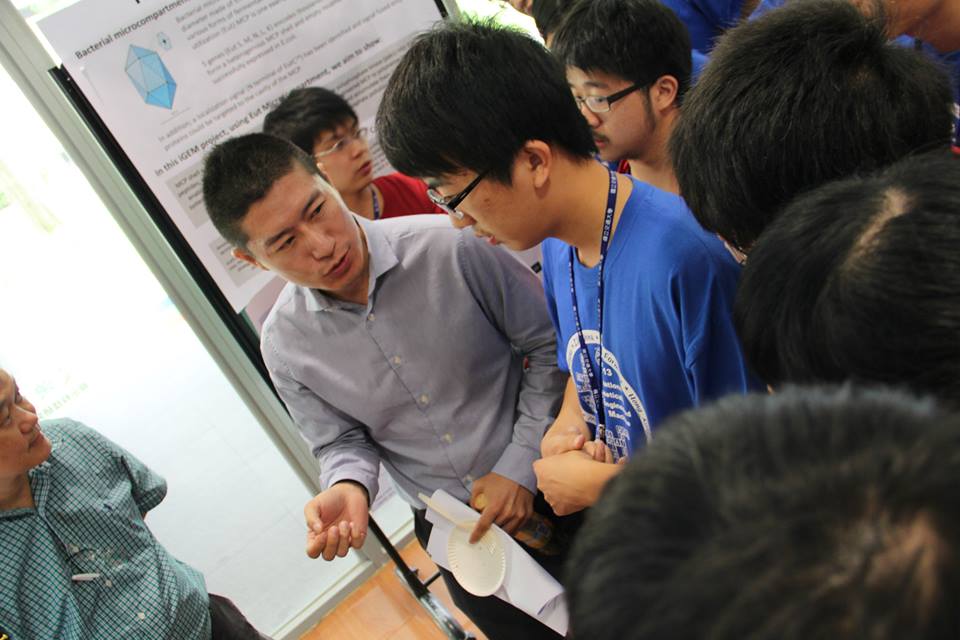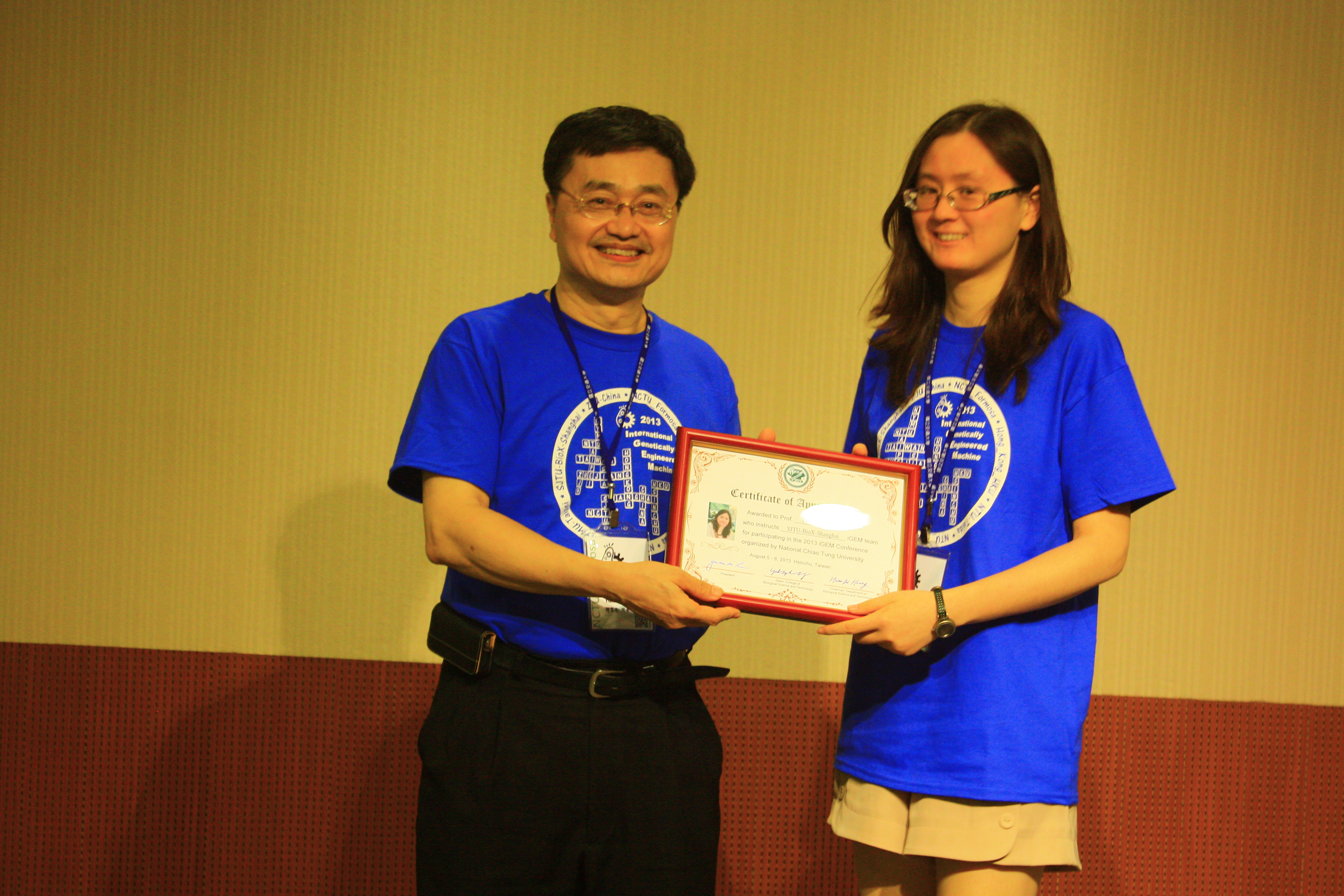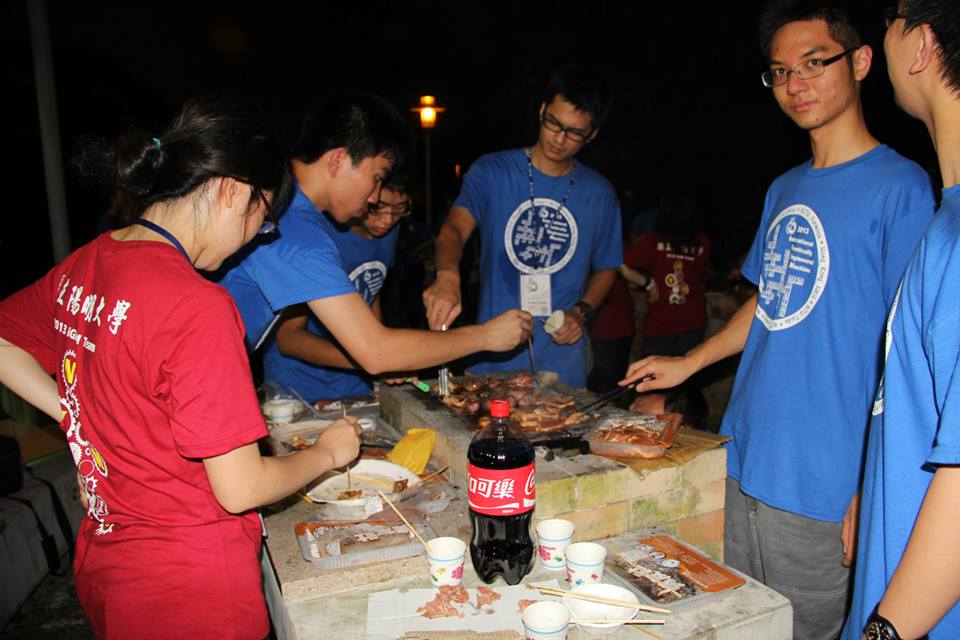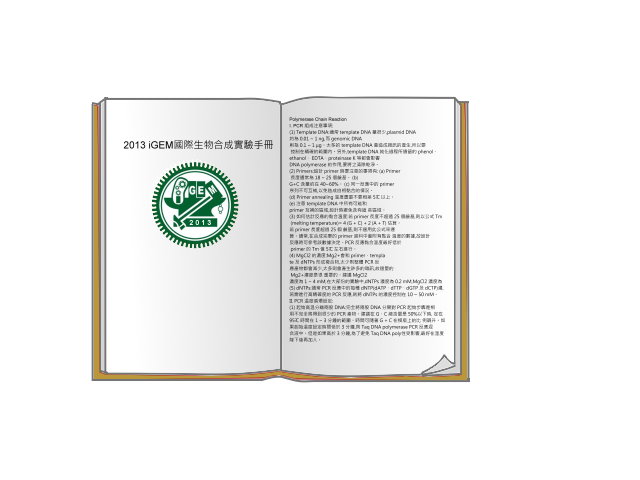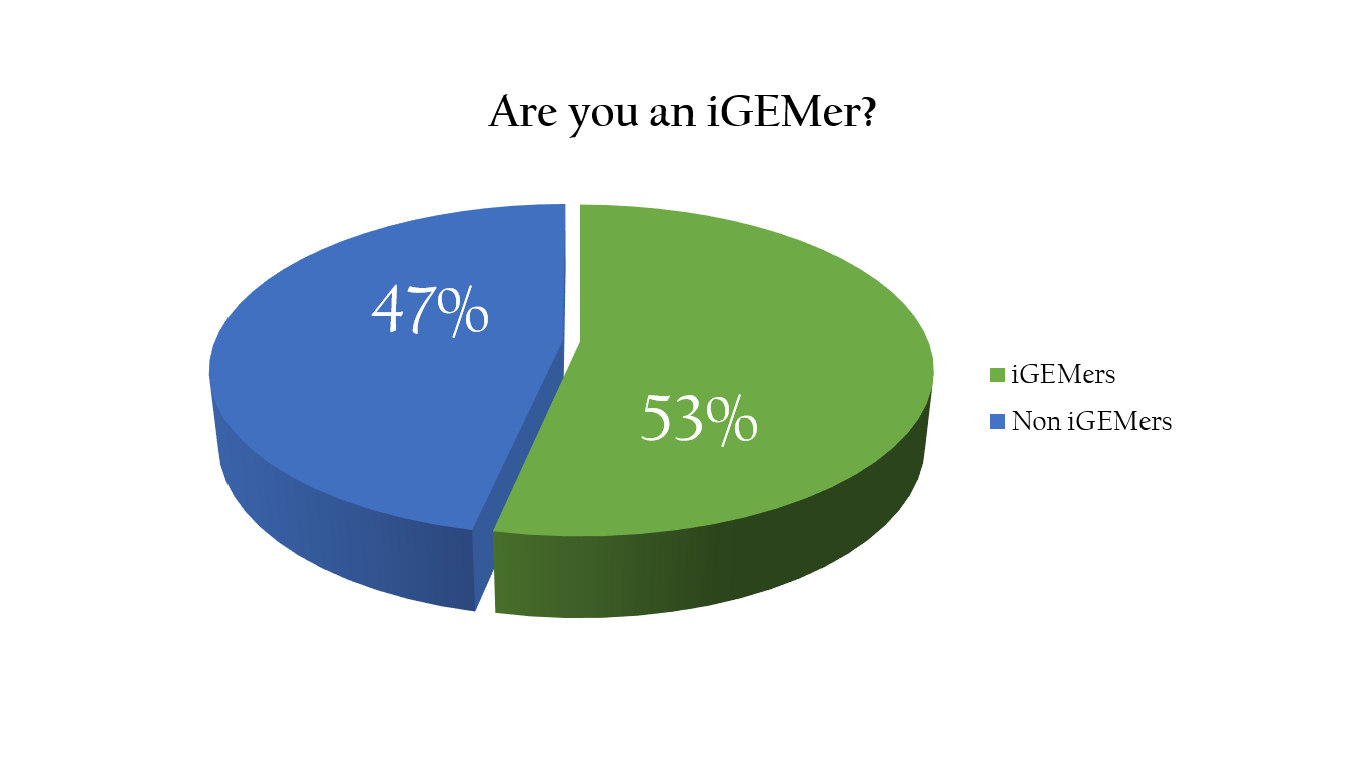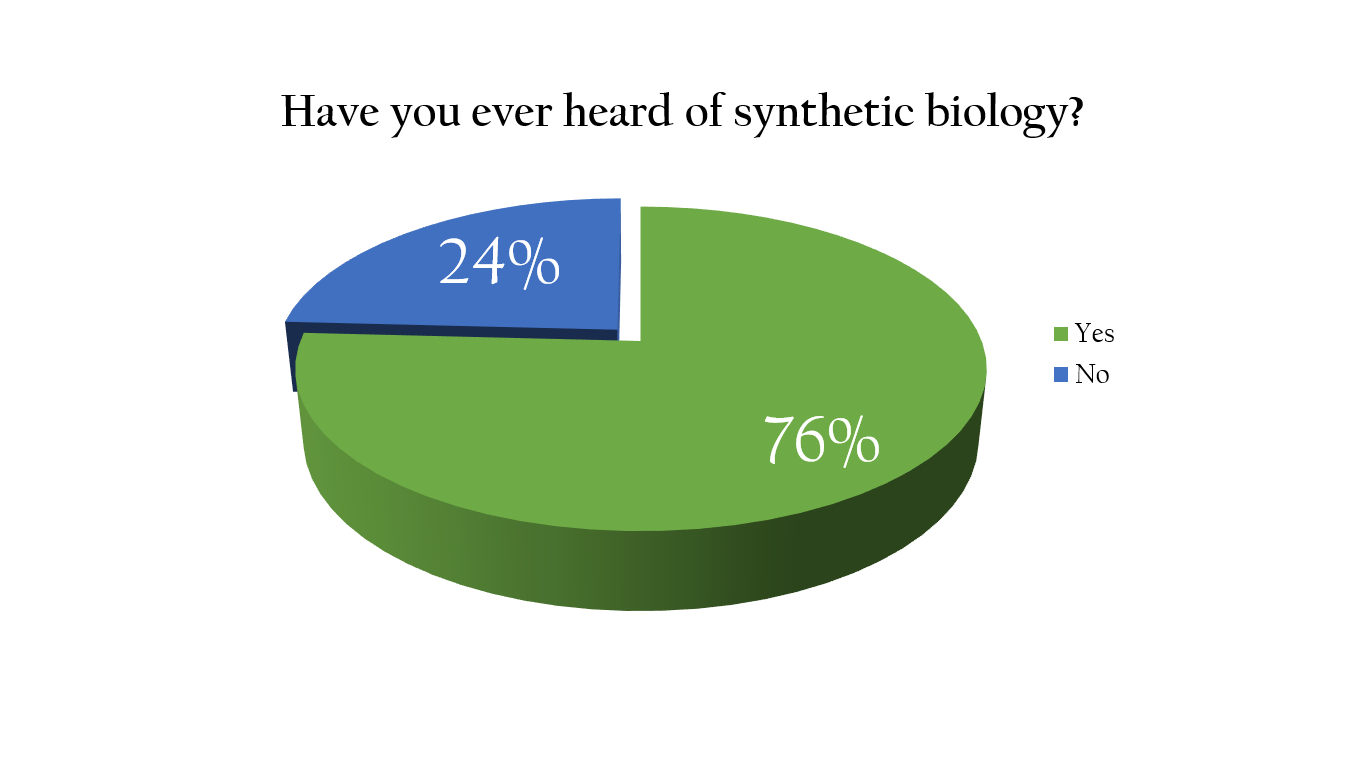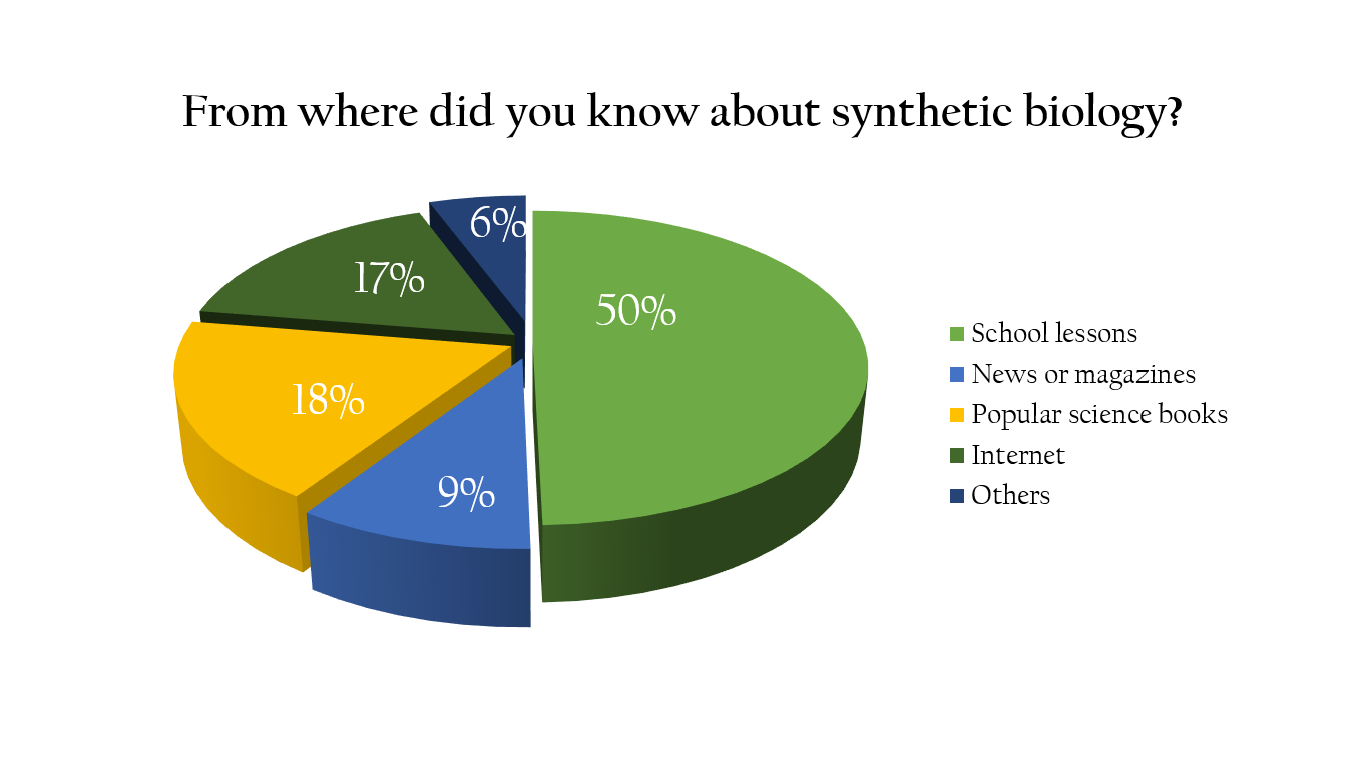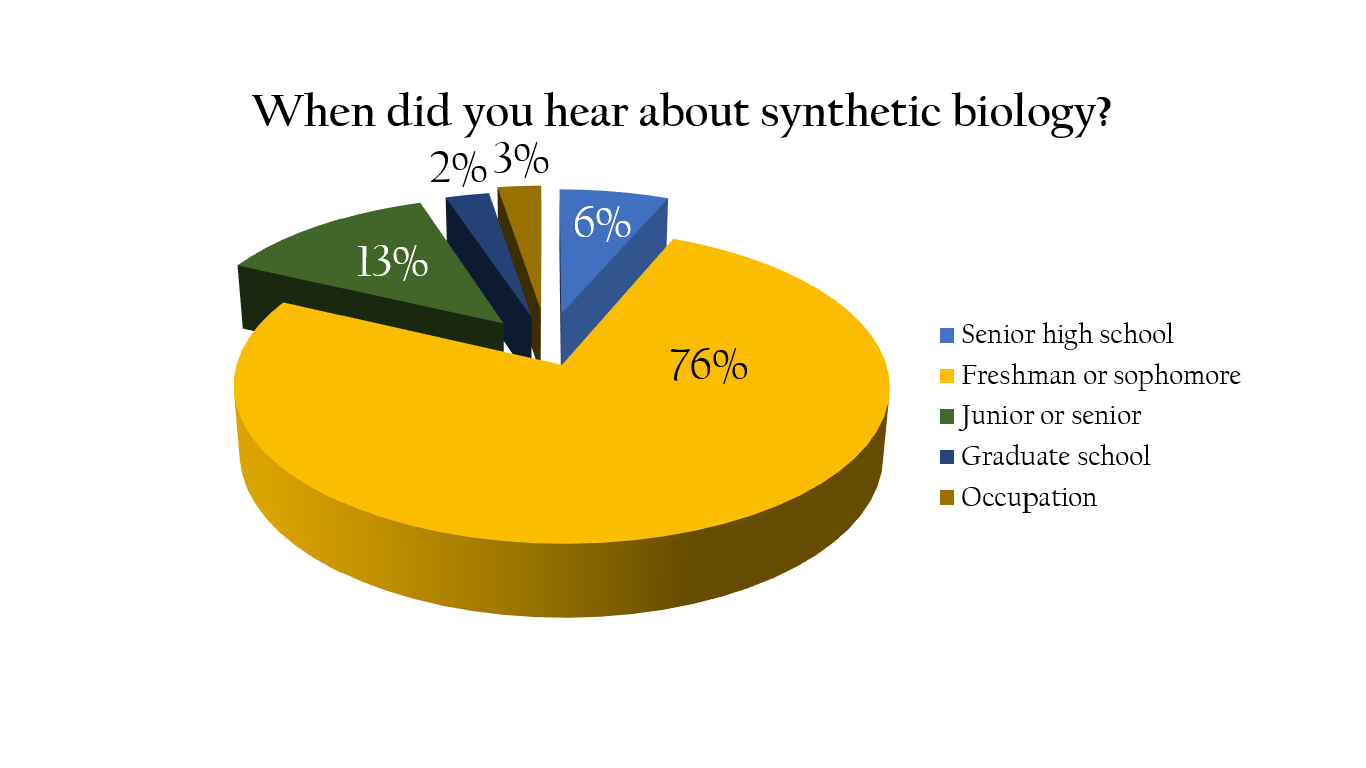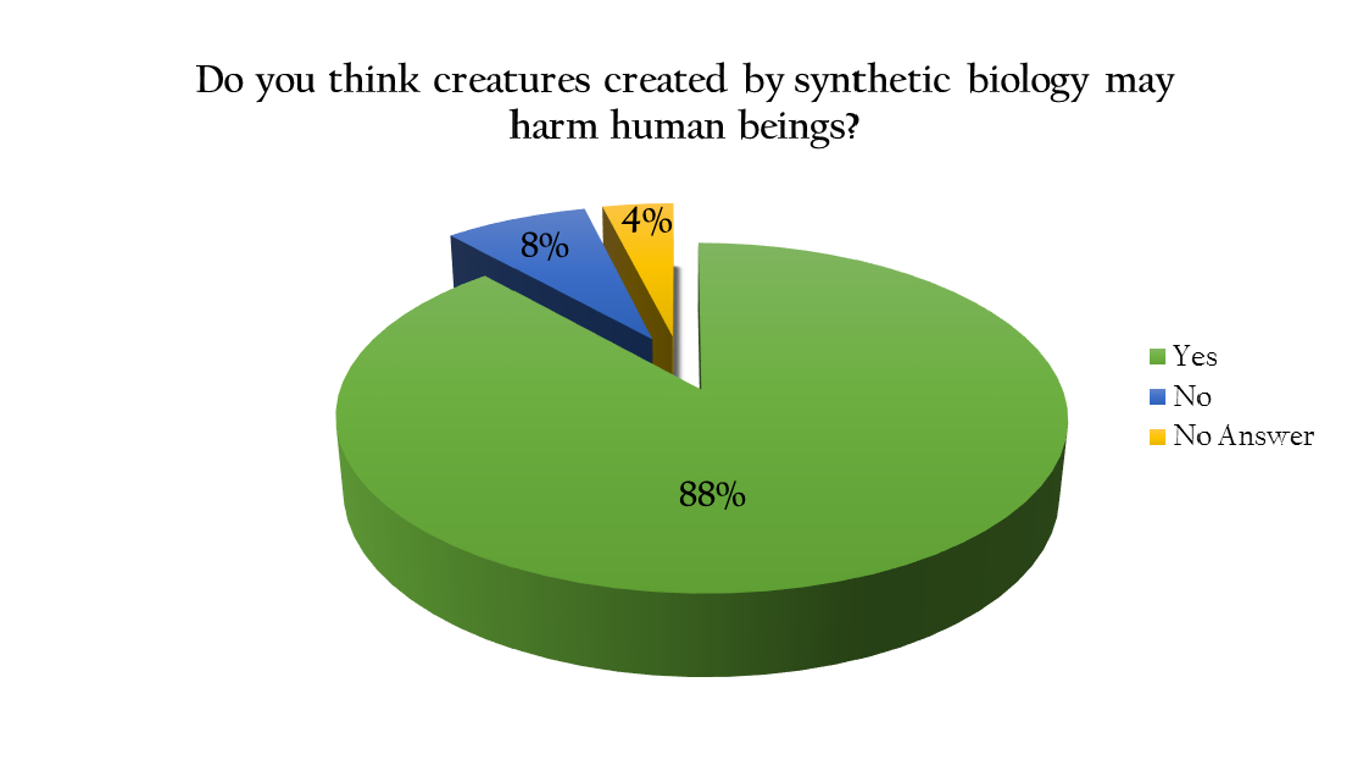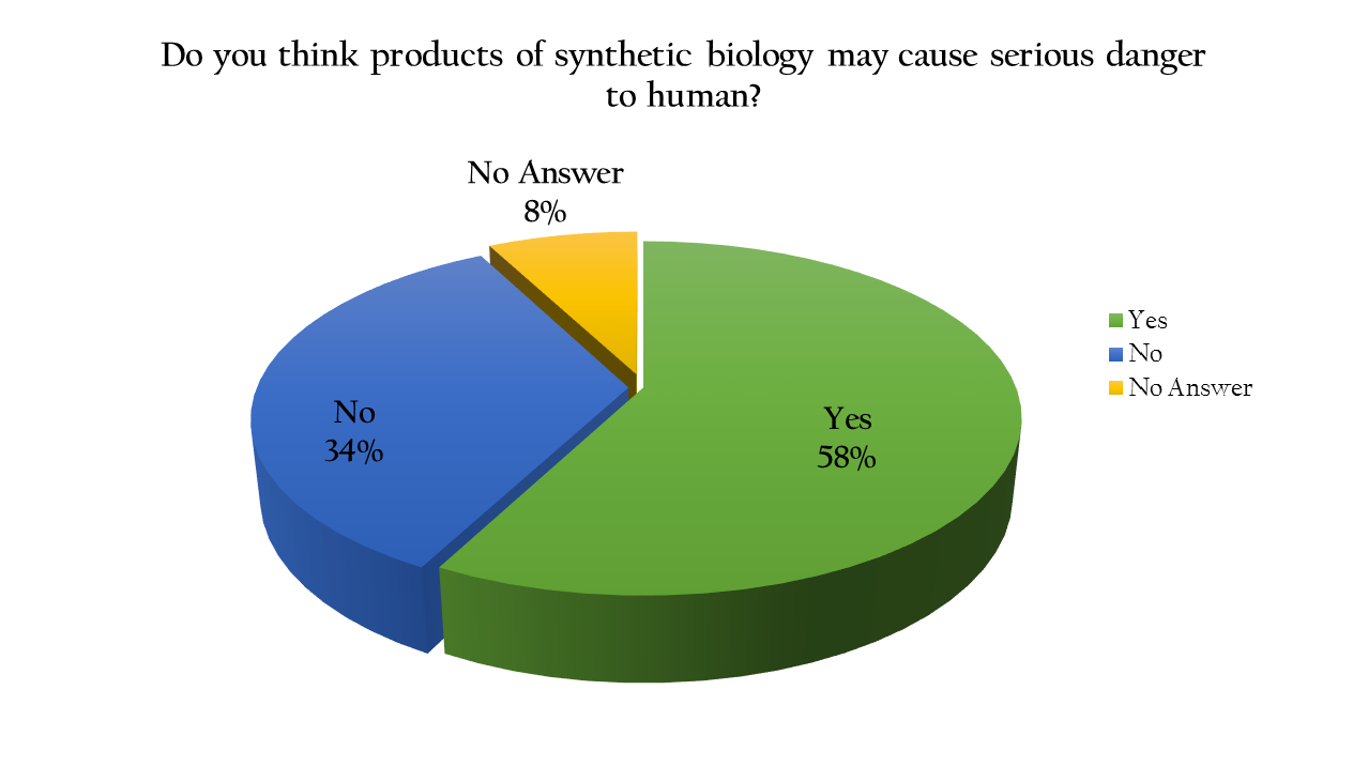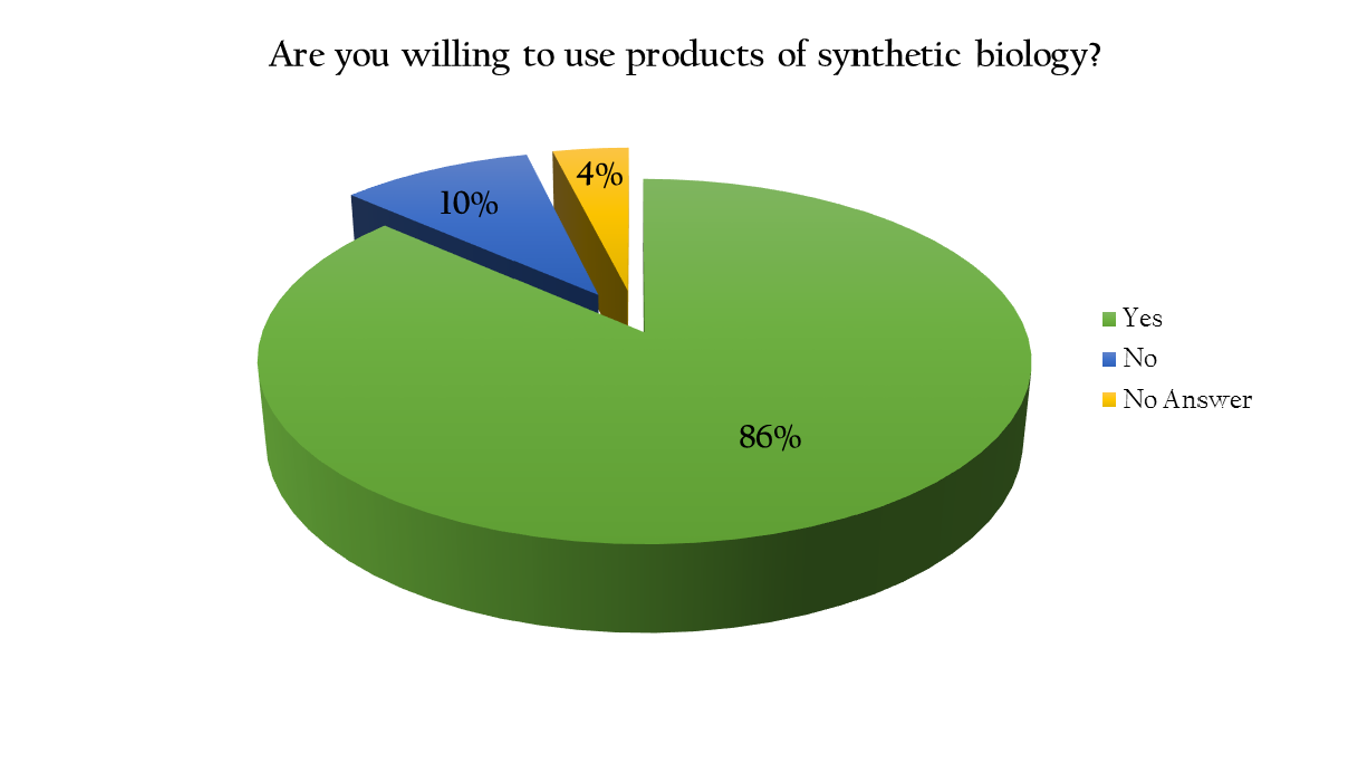Team:NCTU Formosa/human practice
From 2013.igem.org
This summer, we hosted a summer camp for high school students to build their interests in synthetic biology. In addition, we held a conference for iGEMers cross-strait to learn from each other and be more prepared for the upcoming competition. With these efforts, we have passed on our enthusiasm of synthetic biology to our peers and raise their interests on the topic.
Contents |
i-Culture Popularization
To achieve our application and realize the practical value of applying it into agriculture, we asked the professors who major in tissue culture to help us, testing and evaluating our device.In order to improve our E.colightuner to secrete hormones more effectively, We investigated the situation and the problems they encounter during the tissue culture processes. After a period of time in conducting experiments, we can actually raise more calluses to test whether or not our device can actually realize the improvements and adjustments we have made to achieve a better result.
We succeeded in tissue culture learning and we want to promote our technique, therefore we recruited students in NCTU who wanted to experience how to raise tissue culture with our team. First, we introduced them our E.colightuner, a new system that we could easily get what we want by controlling light and temperature. Second, we talked more about synthetic biology in order to stimulate their interest in iGEM. We hoped that they can join us to be the new iGEMers next year. Eventually, they brought back their fruitful results as souvenirs and left them a great experience.
Besides that, we are also working hard on completing our device, by modeling our project. We are able to successfully utilize computers to analyze the data and build up a model so that we can predict the result of our whole system. By using this modeling, our E.colightuner can maximum exert its function and secrete a suitable concentration of hormones we want.
Conference
This summer, we have an important breakthrough. We held an iGEM conference from August 5th through 8th. We invited teams from Taiwan and China. The conference serves as a warm-up Asia Jamboree, so each team presented their projects and posters. During the conference, all of the iGEMers discussed the projects and the difficulties we have all met in experiments. Q&A sections helped all of us exchange opinions and understand the defects of individual projects. We also prepared a barbecue night and a welcome party, so the conference not only helped us share experienced in our project, but also promoted our friendship.
Through the conference, all the iGEMers were inspired and motivated to try new approach and combine synthetic biology into other aspects. Furthermore, we also promote synthetic biology to public through the media, and strengthen the connections between different iGEM teams. Overall, we believed that this conference is a hugely success. Since during the last discussion in conference, all the participants agreed to gather together again in the next year.
Process
DAY 1
Our iGEMers picked up the Chinese iGEM teams at the airport and introduced Taiwan to the participants, leading them back to NCTU for check-in.
After unloading the luggage, participants gathered at the CPT building, having dinner together. Everyone was very excited about the upcoming welcome party.
The welcome party. Two hosts prepared a short drama introducing each team. Everyone was touched by our passion and plunged into the exercise.
After the short drama, every team gave their introduction and performed talent shows as well. We were very surprised to find out that everyone is so talented and outstanding. This is a good start.
The iGEMer of ZJU-China, Congcong Xing, gave us a splendid Latin dance, and Yankang Huang of NTU_Taiwan performed the Chinese martial art.
To show our passion and respect to synthetic biology, we held a game, competing for how fast each contestant could replenish a box of tips. Needless to say, everyone was very good and went CRAZY HIGH! All the iGEMers had a wonderful night.
DAY 2
The opening ceremony of the 2013 iGEM conference in NCTU, Hsinchu, Taiwan. Each team was ready to show their best to the audience.
We are honor to welcome the Dean of Department of Biotechnology and Science delivering an opening introduction and greetings to the participating iGEMers.
Team presentation by NCTU_Formosa. During presentation, each team was assigned by a chairman to conduct the process.
Q&A section after team presentation. Everyone was very concentrated. As a result, each team received more or less constructive advices.
Team poster presentation. Each team was able to share opinions. This section gave us a good chance to practice how we can present our poster more precisely.
DAY 3
Industry and academia exchange. Our conference opened for the public. As a result, people majored in different aspects, for example, doctors, professors, supervisor of the scientific and technical company, etc, shared experience and instruct our projects.
Closing ceremony. The Dean of Department of Biotechnology and Science awarded the certificates to all the iGEMers.
BBQ time. After the conference, we held a BBQ party to relax the iGEMers. All the iGEMers became friends and left us a marvelous memory.
Schedule of Conference
Participants in this conference are NTU_Taiwan, NTU-Taida, ZJU-China, SJTU-Biox-Shanghai, NYMU-Taipei, Hong_Kong_HKU, and NCTU_Formosa.
| Day | Time | Activity |
|---|---|---|
| One(2013/8/5) | 19:00~21:30 | Welcome party |
| Two(2013/8/6) | 09:10~11:00 | Opening ceremony |
| 11:00~11:40 | Presentation of NCTU_Formosa iGEM Team and Q&A | |
| 11:40~14:00 | Lunch ( Poster Discussion ) | |
| 14:00~14:40 | Presentation of Hong_Kong_HKU iGEM Team and Q&A | |
| 14:40~15:20 | Presentation of NYMU-Taipei iGEM Team and Q&A | |
| 15:20~16:00 | Break Time ( Poster Discussion ) | |
| 16:00~16:40 | Presentation of SJTU-BioX-Shanghai iGEM Team and Q&A | |
| Three(2013/8/7) | 09:00~09:40 | Presentation of NTU-Taida iGEM Team and Q&A |
| 09:40~10:20 | Presentation of ZJU-China iGEM Team and Q&A | |
| 10:20~10:40 | Break Time ( Poster Discussion ) | |
| 10:40~11:20 | Presentation of NTU_Taiwan iGEM Team and Q&A | |
| 11:20~14:00 | Lunch & Break | |
| 14:00~16:00 | Final Discussions and Future Expectations | |
| 16:00~17:00 | Closing Ceremony ( Take Group Photos ) | |
| 17:00~20:00 | Dinner ( BBQ ) Getting to know each other ! | |
| Four(2013/8/8) | 8:00~17:00 | The Insightful Journey of Synthetic Biology |
| End | ||
Review of the wonderful conference

The video of conference
Biocamp

Schedule of Biocamp
A summer biocamp was taking place in NCTU. In this camp, we introduced a lot of biological knowledge to students of senior high.
| Day | Time | Activity | Host |
|---|---|---|---|
| Two (2013/7/7) | 08:00-16:00 | Transformation Mini-Preparation DNA electrophoresis | CHENG, WEN-HUI HELENA LEE LIN, YA-HSUAN |
| Three (2013/7/8) | 09:00-12:00 | Gram staining Result of transformation | CHENG, WEN-HUI HELENA LEE LIN, YA-HSUAN |
| Four (2013/7/9) | 09:00-12:00 | Introduction of sythetic biology and iGEM | CHEN, YI-TSAO LIN, CHIH-HANG |
| Five (2013/7/10) | 09:00-12:00 | Academia Sinica and Genomic research center visit | DR.LEE DR.CHEN DR.HSIEH DR.LIN DR.WU DR.MA |
| Six (2013/7/11) | 09:00-12:00 | Q&A Discussion Souvenir | TENG, CHEN-YU |
.

Day 2
In this camp, many iGEMers were the group of lesson. Therefore, they needed to prepare experiments that can introduce knowledge of molecular biology to senior high students. The lessons of this camp included Transformation, Mini-preparation and DNA electrophoresis. First, we explained the principle and the steps of experiment by Powerpoint clearly. We helped students to operate experiments and prevented them doing something wrong. Quickly, they were familiar with experimental technique by ours assistance. Everyone in these lesson learned well and was interesting to biological aspect.
Day 3
On day 3, they observed the result of last day. Then, we taught them how to analyze these result. For example, some plates grew well, but others were blank. Telling to them what happened, we let them know the correct method to do experiments.
Day 4
On day 4 of the camp, we prepared a lecture about synthetic biology. First , we taught them the concept of biobrick. Then, they realized the history of this competition and what iGEMers do.
Mr. Lin and Mr. Chen were the introducers of this lecture, using easy way to let students understand basic knowledge of molecular biology and biochemistry.
In Q&A part of this lecture, students asked several questions of IGEM , and we thought we inspired their passion to IGEM. So as to let them know more, Mr. Lin introduced ours 2013 project. Although it was hard to them , they still listened it conscientiously.
Day 5
On day 5, we programmed the visit of genomics research center for students. First, the guide of center took us to see the mass spectrometer and introduced its principle. Second, we visited Protein X-ray Diffratometer laboratory. Third, the center allowed us to visit Ultra High Throughput Screening. Finally, they prepared a lecture of more about Researches in the Center. We gained a lot in this trip, thinking this national-level institution great.
Day 6
On the last day of biocamp, the group of lesson had prepared souvenirs for students participated in this camp. The souvenirs was tissue-plants implanted by ourselves. We offered a Q&A time to them and introduced this iGEM team again.
iGEM Chinese Guiding Book
For promoting synthetic biology our team have made a synthetic biology guiding book featuring many experimental protocols and well-illustrated graphics which could help people know the purpose of experiment much easier. This year, new iGEM members in our team learned experimental technique by this guiding books. We believe passing down knowledge and following up works meet the purpose of the iGEM community. We hope Chinese-speaking iGEM teams can also be benefited by our guiding book. Feel free to download via the link down below.
Surveys
View the Traditional Chinese Version File
Few weeks ago, we did a survey on public and inquired their degree of comprehension about synthetic biology. We collected the data and made the diagrams below. We offered these questions to the participants of our iGEM conference and required them to hand back the questionnaire. Through the results, we can roughly find out how much they understand about synthetic biology. Furthermore, we also offered the surveys to public in order to get more information of those who are not iGEMers.
The pie chart clearly show that the participant in our survey is consisted of almost half iGEMers and half non iGEMers.
Compared to the first image, we think that iGEMers must have heard about synthetic biology. So we can know that half of non iGEMers have ever heard of synthetic biology . Meaning that , we have successfully convey the concepts of synthetic biology. Still, we have a lot of progressing space to promote biology related knowledge.
According to the image, it is prominent that half of the participants knew about synthetic biology from school, and with certain percentages, from popular science books and Internet. We can find out that in spite of schools, public media also plays an important role in spreading synthetic biology. But people from school are a lot more aware of it. With that said, we can spread the concepts of synthetic biology through more different measures in the future .
From the image, we got that most participants heard about synthetic biology in freshman and sophomore during college career. Surprisingly, no people have heard of it during junior high and fewer during senior high. As a result, we may focus on the younger generation to spread the idea of synthetic biology in the future.
The pie chart clearly show that almost every participants in the survey do know we are able to regulate multiple gene by synthetic biology techniques.
Interestingly, there is a great percentage of participants thinks that creatures created by synthetic biology is harmful to human. While only 8% of all participants consider it not dangerous.
From the image, we can also observe a similar result that over half of the participants think products of synthetic biology is dangerous to human.
Although the participants think products of synthetic biology is dangerous, they are still willing to use it.
 "
"
